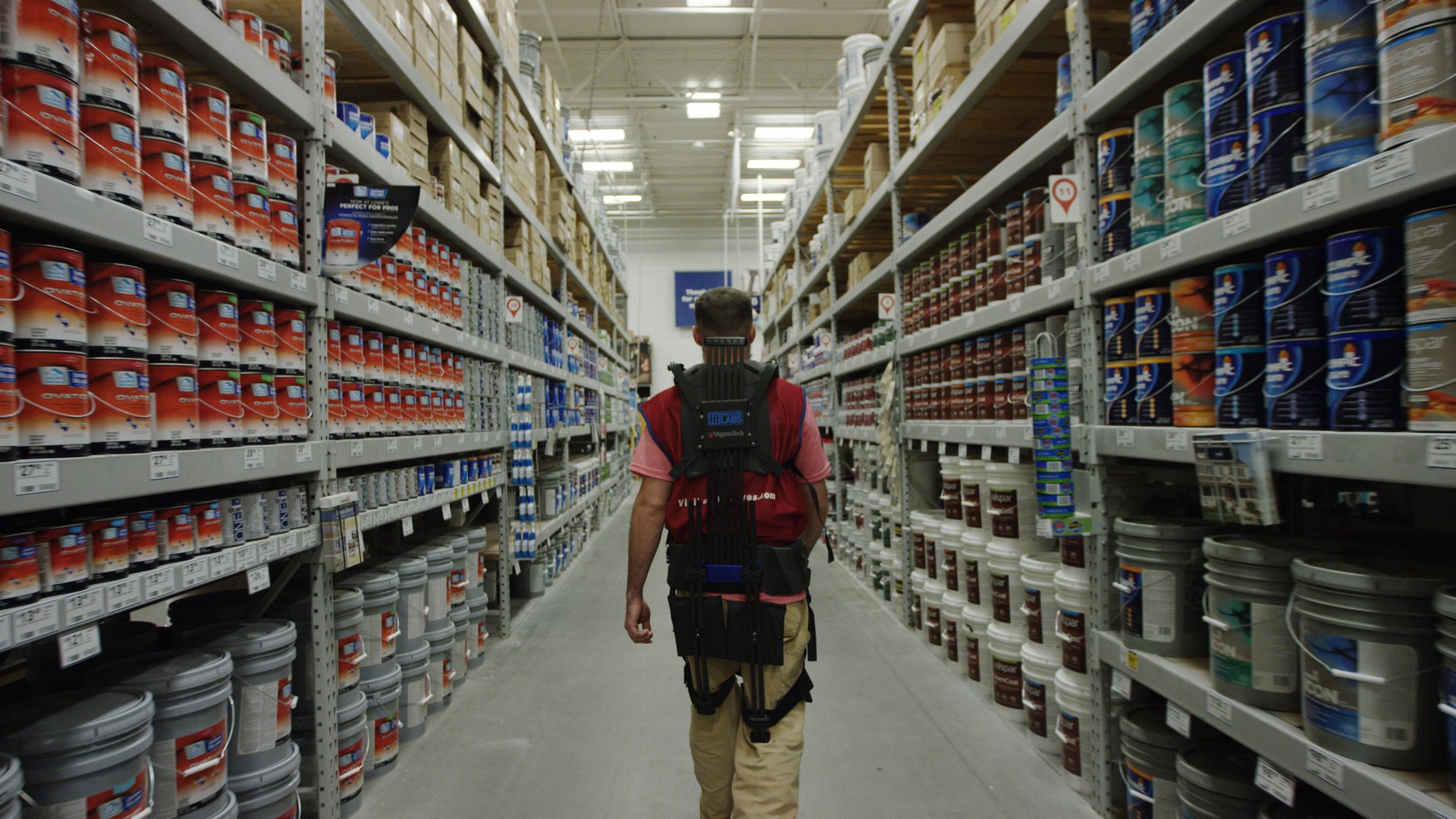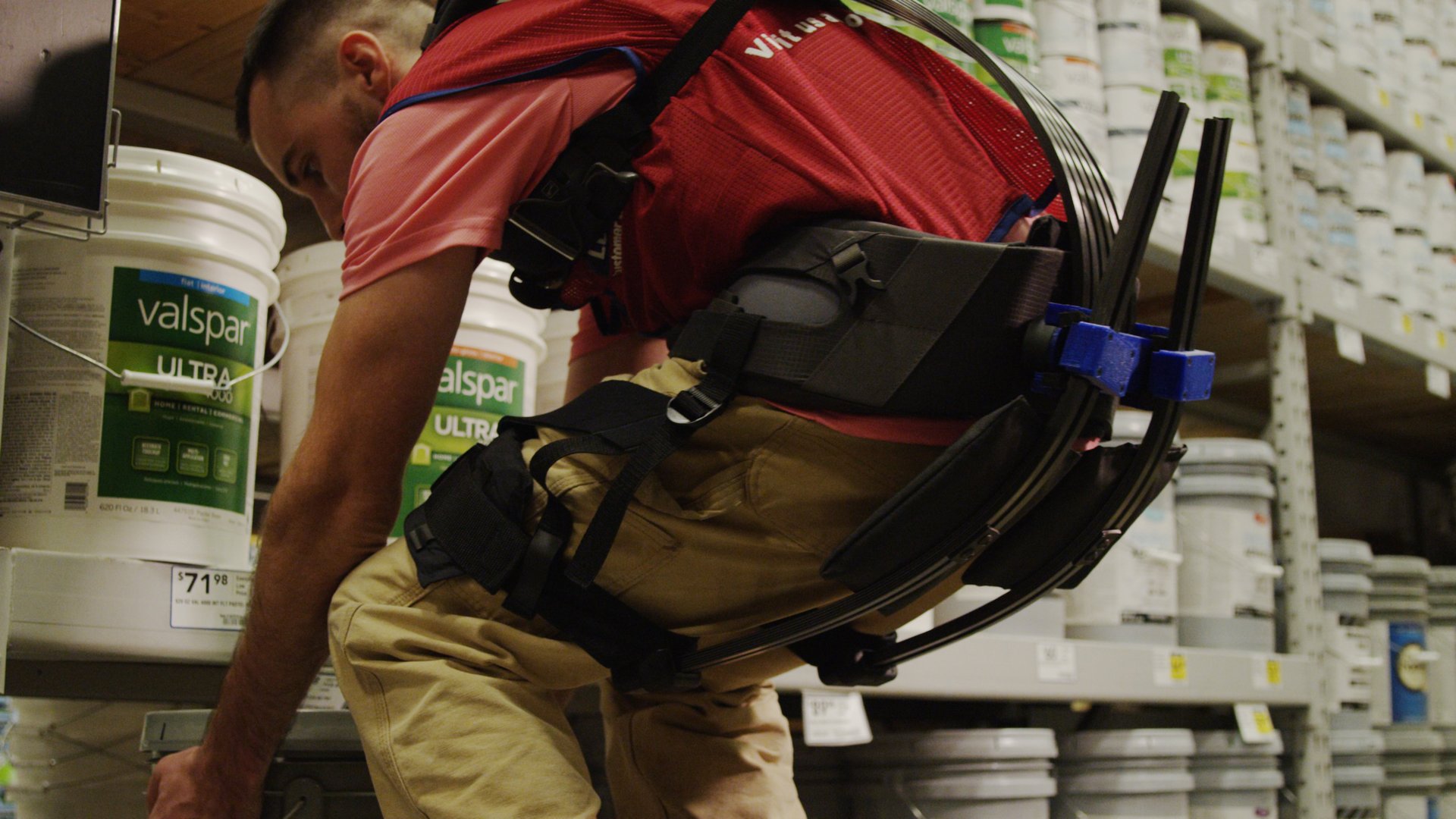A US hardware store chain is giving its workers exoskeletons to help lift heavy objects
It’s not quite Sigourney Weaver in Aliens, but in one hardware store in the US, it’s about to feel like something out of a science-fiction movie.


It’s not quite Sigourney Weaver in Aliens, but in one hardware store in the US, it’s about to feel like something out of a science-fiction movie.
Lowe’s, the second-largest chain of home improvement stores in the US, announced today that it has given employees a new type of robotic exoskeleton to help them lift heavy items within stores more easily. It’s launching a pilot program with four suits at a store in Christiansburg, Virginia.

The suit was designed by Lowe’s internal research facility, the Innovation Labs, and in partnership with Virginia Tech’s Assistive Robotics Laboratory, which is just a few miles down the road from the Lowe’s test location. It’s intended to help workers offset some of the strain on their muscles and joints, as they spend large portions of their days picking up and moving heavy and awkward items, such as bags of cement, or 5-gallon buckets of paint. The suit, which looks like a cross between a backpack and rock-climbing harnesses, helps transfer the energy of the wearer’s movement more effectively using carbon-fiber trusses and motors. “As they bend and stand, carbon fiber in the suit’s legs and back act like a taut bow ready to launch an arrow, helping them spring back up with greater ease,” Lowe’s said in a release.

Lowe’s exo-suits are, for now, just a test to see if they will in fact aid the average worker and relieve some of the more menial and physical aspects of their job. The hardware chain isn’t the only company looking to extend or preserve the well-being of its employees using assistive technology. Companies such as Ekso Bionics and SuitX are building lightweight exoskeletons that they and others are turning into a commercial industry. Asian technology firms including Hyundai and Panasonic are working on suits to extend the abilities of the human body. In Japan, the need for assistive robotics is partially driven by the country’s aging population and a desire to keep people working as efficiently as they can for as long as possible.